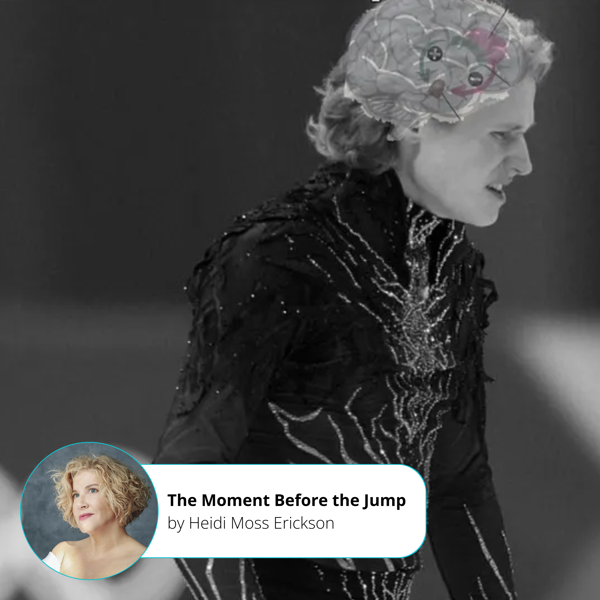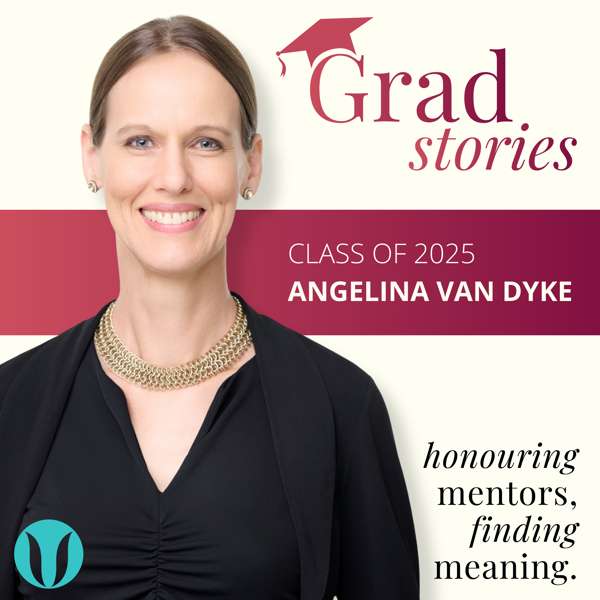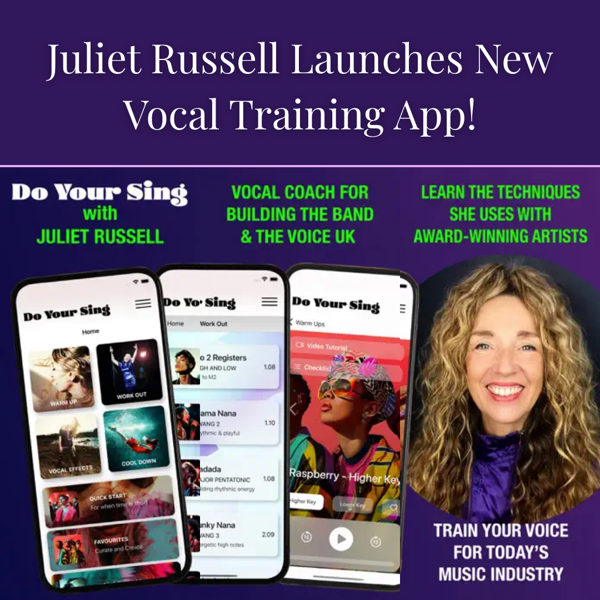Written by Phoebe Taylor and Debbie Winter
This blog post aims to review policies for achieving inclusion within the higher education system, focusing on three key factors: socio-economic disadvantages, physical disadvantages and neurodivergence support within learning environments. Within this blog, we will explore the extent to which we are successfully reducing those barriers for our student population.
Globally, students from under-represented and traditionally excluded groups tend to have significantly lower completion rates compared to those from more privileged backgrounds (Salmi, 2020). Many structural mechanisms prevent disadvantaged individuals from accessing tertiary education. A study by the Global Education Monitoring Report 2020 documented that 258 million children and adolescents are excluded from the education system worldwide (UNESCO, 2020).
Disadvantaged groups have a lower probability of attendance than more privileged students, indicating that financial barriers are not the only impediments to educational access (UNESCO, 2017). While government loans and bursary schemes are available, inadequate academic preparation and lower education expectations for marginalised communities persist. Many policies focus on access rather than completion, leading to high drop-out rates (Salmi, 2020).
Economic theory and empirical evidence show that higher education benefits society as a whole, with better-educated individuals exhibiting lower crime rates, better behaviours, higher productivity, and improved health (Salmi, 2017). Therefore, implementing programmes that focus on both financial and situational aid can enable wider access and provide the academic support needed progression to graduation.
VSC removes some of these barriers through our Introduction to Postgraduate Academic Skills course which is available for those without a degree. The course price is deducted from the MA fees, incentivising continuation to master’s level and the intensive supervision provided by the course is cost free to those who progress. This pathway focuses on training academic formulae alongside facilitating writing practice. We work intensively with students over a three-month period and train them in the art of academic writing. They learn literature research strategies, engage in literature research and submit multiple drafts until they reach MA standard. The journey is challenging but it’s a two-pronged attack on the barriers of access and completion (Salmi, 2020). While not equivalent to a degree, it enables individuals who were previously disadvantaged or dissuaded from university to gain access to tertiary education. With personal tuition and continuous support, progression is facilitated providing a firm foundation for continued success. The results are promising, and several students have now successfully completed the MA journey.

Striving towards a paradigm that includes and supports our students, the flexibility of an online course can be beneficial for students with disabilities, surpassing the physical barriers of on-campus learning (Bartz, 2020; Kent, 2016). The COVID-19 pandemic exposed academic barriers in the rush to move education online (Anderson, 2020; Burgstahler, 2022). Moving to a digital platform has facilitated the development of assistive technologies, enabling tailored support for students' specific needs.
Canvas, the Voice Study Centre VLE system, has many accessibility features include visual impairment-friendly design and layout, keyboard-only navigation for those with physical conditions affecting mouse control, and captions and video descriptions for all programme videos. The self-paced nature of the course allows students to break whenever they need. Instructional videos can be paused or played on high-speed. This online repository is clear and intuitive to use, helping students to clearly envisage their academic aims. We cater for the human element with structured online group supervisions that run multiple times throughout the day. It fosters connectivity with the flexibility of watching via playback. One to one supervisory support is another vehicle for clarification that further aids inclusivity and it is embedded into the modular system.
Effective instructional design in online learning is crucial for providing neurodiverse students with an optimised cognitive load, enabling them to progress and succeed while minimising burnout (Cunff et al., 2024). A qualitative analysis of neurodivergent and neurotypical focus groups by researchers at King’s College London found that neurodivergent participants struggled more with inaccessible content presentation, unclear curricula, and engaging with educational content. Within this study, neurotypical students primarily struggled with understanding the content, while neurodivergent students faced challenges with listening, writing, reading, and decision-making. The study highlighted the importance of regular breaks for more effective learning.
Higher education institutions are shifting away from the medical model of disability, which views ‘disabled’ individuals as lacking certain abilities. By conceptualising disability and diversity differently, institutions are moving towards a more inclusive approach that proactively addresses accessibility rather than dealing with it retroactively (Lomellini & Lowenthal, 2022; Seale, 2020). At VSC, we are beginning to pilot the concept of neurodivergent representatives to provide a place for honest feedback, sharing ideas and celebrating the positives of neurodivergence.
Our move to Essex University is challenging us to strive to higher and higher standards and we are committed to strengthening our student support system. As 15-20% of the population are currently considered neurodivergent, it is imperative to cater and support this portion of society (DCEG, 2022). We offer a neurodivergent assessment on enrolment enabling us time to design a student support plan from the outset rather than when problems begin to emerge. Extended deadlines and enhanced academic support are provided as part of the tailored student support plan. Information is shared with teaching staff (with student consent) and in accordance with progressive Essex University policy, we are able to cater for it during the assessment process. Early detection enables systems to be more easily integrated into the programme from the outset.
Alongside ensuring that academic support is in place, it’s crucial to simultaneously maintain good mental health. ‘Making music is therapeutic, making a career from music can be traumatic’ (Gross & Musgrave, 2020). With a plethora of research surrounding the positive effects of singing for boosting health, there is also a link between the working conditions of musicians and high levels of depression and anxiety (Detari et al., 2020; Gross & Musgrave, 2016, 2017, 2020; Jacukowicz, 2016; Loveday et al., in press; Vaag et al., 2016). Many studies have shown that musicians struggle greatly with their mental health despite all the research surrounding the topic of singing for wellbeing. While there is plentiful evidence proving that creating and listening to music provides joy for people of all age ranges, it is important to not overlook the internal struggles prevalent among a large proportion of musicians. (Musgrave, 2023). Many of our students are active on the performance scene and have very intense schedules, combining insecure contracts and multiple jobs. This exposes them to a higher risk of burn-out and mental health struggles.
From October 2024, Voice Study Centre will be providing all students with 24/7, free online counselling sessions. These services provide immediate access to mental health support, ensuring that students can receive help whenever they need it, regardless of the time of day. During times of crisis or heightened stress, such as exam periods or personal emergencies, this constant availability can be crucial. By addressing mental health concerns promptly, 24/7 counselling can reduce the risk of more severe psychological issues developing. Additionally, having round-the-clock support can help alleviate feelings of isolation and anxiety. This service empowers students to manage their mental health proactively, leading to better academic outcomes and a more positive experience of the course. We also have a dedicated support team, separate from the teaching team, who regularly check in and meet with students.
Inclusivity needs to be more than just a buzz word and not exist within a siloed disability department. As a small, independent unit, we have the luxury of nimble structures that enable us to experiment and adapt to the everchanging research landscape. Research is evolving at a rapid pace, as is technology and it is important to change and adapt. The key is always to see ourselves as work in progress and stay up to date with current research and literature on the subject of inclusion within higher education. Our framework is constantly changing and adapting to suit our student’s needs year after year. We are excited to see what the future holds.
References:
Anderson, G. (2020, April 6). Accessibility suffers during pandemic. Inside Higher Ed. https://www.insidehighered.com/news/2020/04/06/remote-learning-shift-leaves-student disabilities-behind
Bartz, J. (2020). All inclusive?! Empirical insights into individual experiences of students with disabilities and mental disorders at German universities and implications for inclusive higher education. Education Sciences, 10(9), 223. https://doi.org/10.3390/educsci10090223
Burgstahler, B. (2022). Leveling the playing field for students with disabilities in online opportunities. In M. Bonous-Hammarth (Eds.), Bridging marginality through inclusive higher education. neighborhoods, communities, and urban marginality (pp. 235–250). Palgrave Macmillan. https://doi.org/10.1007/978-981-16-8000-7_11
Cunff, A. L. L., Giampietro, V., & Dommett, E. (2024). Neurodiversity and cognitive load in online learning: A focus group study. PloS One, 19(4), e0301932. https://doi.org/10.1371/journal.pone.0301932
Neurodiversity. (2022, April 25). Retrieved from https://dceg.cancer.gov/about/diversity-inclusion/inclusivity-minute/2022/neurodiversity
Detari, A., Egermann, H., Bjerkeset, O., & Vaag, J. (2020). Psychosocial work environment among musicians and in the general workforce in Norway. Frontiers in Psychology, 11, 1315. https://doi.org/10.3389/fpsyg.2020.01315
Gross, S., & Musgrave, G. (2016). Can Music Make You Sick? Music and Depression. A Study into the Incidence of Musicians’ Mental Health. Part 1 – Pilot Survey Report. Help Musicians UK/MusicTank.
Gross, S., & Musgrave, G. (2017). Can Music Make You Sick? Music and Depression. A Study into the Incidence of Musicians’ Mental Health. Part 2 – Qualitative Study and Recommendations. Help Musicians UK/MusicTank.
Gross, S. A., & Musgrave, G. (2020). Can music make you sick?: Measuring the Price of Musical Ambition. University of Westminster Press.
Jacukowicz, A. (2016). Psychosocial work aspects,: stress and musculoskeletal pain among musicians. A systematic review in search of correlates and predictors of playing related pain. Work, 54(3), 657–668. https://doi.org/10.3233/WOR-162323
Lomellini, A., & Lowenthal, P. R. (2022). Inclusive online courses: Universal Design for Learning strategies that impact faculty buy-in. In The instructional design trainer’s guide (pp. 101-111). Routledge.
Loveday, C., Musgrave, G., & Gross, S. (in press). Predicting anxiety, depression and wellbeing in professional and non-professional musicians. Psychology of Music.
Musgrave, G. (2023) Music and wellbeing vs. musicians’ wellbeing: examining the paradox of music-making positively impacting wellbeing, but musicians suffering from poor mental health, Cultural Trends, 32:3, 280-295, DOI:10.1080/09548963.2022.2058354
Kent, M., National Centre for Student Equity in Higher Education, Curtin University, Open Universities Australia (OUA), Stone, C., Saward, L., . . . Routledge. (n.d.). Access and Barriers to Online Education for People with Disabilities. Retrieved from https://espace.curtin.edu.au/bitstream/handle/20.500.11937/55588/55669.pdf
Salmi, J. (2017). The Tertiary Education Imperative: Knowledge, Skills and Values for Development. Springer.
Salmi, J. (2020). “Higher Education and Inclusion, Background paper prepared for the 2020 Global Education Monitoring Report Inclusion and Education: All Means All,” UNESCO. https://unesdoc.unesco.org/ark:/48223/pf0000373689.
Seale, J. (2020). Were we right? A re-evaluation of the perceived potential of technology to transform the educational opportunities and outcomes of learners with special educational needs. History of Education, 49(2), 247–264. Retrieved from https://oro.open.ac.uk/66431/3/66431.pdf
UNESCO. (2017). “Global Education Monitoring Report 2017/18 – Accountability in Education: Meeting Our Commitments.” Paris: UNESCO – Global Monitoring Report. https://unesdoc.unesco.org/ark:/48223/pf0000259338.
UNESCO. (2020). “Global Education Monitoring Report 2020 – Inclusion and Education: All Means All,” UNESCO, Paris. https://en.unesco.org/gem-report/report/2020/inclusion.
Vaag, J., Bjorngaard, J. H., & Bjerkeset, O. (2016). Symptoms of anxiety and depression among Norwegian musicians compared to the general workforce. Psychology of Music, 44(2), 234–248. https://doi.org/10.1177/0305735614564910




